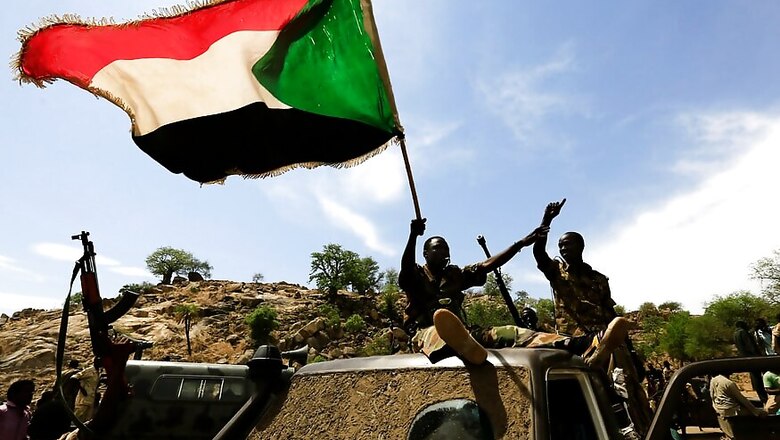
views
Khartoum: Sudan's military rulers have transferred ousted president Omar al-Bashir to prison, a family source said Wednesday, as crowds of protesters flocked through Khartoum in vans and buses to join a sit-in at the army complex.
Following the dramatic end to Bashir's rule of three decades last week, he was moved late Tuesday to Kober prison in the capital, the source said without revealing his name for security reasons.
Witnesses near the prison in north Khartoum said there was a heavy deployment of soldiers and members of a paramilitary group outside.
The 75-year-old's whereabouts have been unknown since a military takeover on Thursday, when the country's new rulers said he was being held "in a secure place".
Late on Wednesday the military council announced it had detained two of Bashir's five brothers -- Abdallah Hassan al-Bashir and Al-Abbas Hassan al-Bashir.
It said the council had also decided to integrate the Popular Defence Force into the army.
The PDF is a type of reserve unit frequently used to support units of the regular army.
Amnesty International called for Bashir to be "immediately handed over to the International Criminal Court" in The Hague where he faces charges of genocide, war crimes and crimes against humanity relating to the conflict in Darfur. He denies the charges.
"His case must not be hurriedly tried in Sudan's notoriously dysfunctional legal system. Justice must be served," said Amnesty's Joan Nyanyuki.
Bashir's detention has failed to pacify protesters, who launched anti-government demonstrations in December and have for days been camped out in front of Khartoum's army headquarters.
Scores of doctors in white robes marched from Khartoum's main hospital towards the sit-in, carrying banners and chanting: "freedom, peace, justice." Journalists held a separate rally, along with university students and scores of women from a Facebook group who call themselves "the Information Network of the Revolution".
The women -- who include doctors, lawyers and teachers -- are renowned for monitoring security agents who target protesters and publishing their information online in order to hold them to account.
Later in the evening crowds of protesters flocked through Khartoum to join the sit-in chanting "revolution, revolution", an AFP correspondent reported.
Sudan's military rulers have made some concessions, including the sacking Tuesday of prosecutor general Omer Ahmed Mohamed, but demonstrators fear their uprising could be hijacked.
"We faced tear gas, many of us were jailed. We have been shot and many have died. All this because we said what we wanted to," Fadia Khalaf told AFP.
Khalid Mohamed, a medic, said: "We got Bashir out, but we still have to get rid of the regime".
Officials say at least 65 people have been killed in protest-related violence since December, with some of the dead memorialised in a Khartoum mural.
While there have been scenes of celebration -- with demonstrators singing and waving their national flag -- the protest site has grown more tense amid concerns the army will try to clear the sit-in with force.
"Now we fear that our revolution could be stolen, which is why we are keeping our ground here. We are staying here until our demands are met," said Khalaf.
Earlier this week witnesses said several army vehicles had surrounded the area and that troops were removing the barricades which demonstrators had put up as a security measure.
On Wednesday thousands of protesters remained at the site, cheering each other on despite looking fatigued.
"I feel those people who are doing the sit-in are like my sons and daughters. I have suffered under this regime," said a woman serving tea at a makeshift checkpoint set up by protesters.
On taking power the army said a military council would run Sudan for two years, sparking a backlash from protest leaders.
Just a day later former defence minister General Awad Ibn Ouf stepped down as council chief, sparking jubilation on Khartoum's streets.
His successor General Abdel Fattah al-Burhan oversaw weekend talks with political parties, which failed to make headway.
On Wednesday, a rebel leader ordered a three-month suspension of hostilities in Blue Nile and South Kordofan states where his forces have been fighting government troops.
Abdulaziz al-Hilu, leader of the Sudan People's Liberation Movement-North (SPLM-N), issued the command as a "goodwill gesture... to give a chance for an immediate transfer of power to civilians".
European Union chief Federica Mogherini in a statement called on the military rulers for a "swift and orderly handover to a civilian transitional body" to meet the aspirations of the Sudanese people.
Sudan's foreign minister has said Burhan is "committed to having a complete civilian government" and has called on other nations to back the council.
While the EU and Western powers have backed the protesters' demands for a civilian administration, Saudi Arabia and the United Arab Emirates have thrown their weight behind the military.
Egyptian President Abdel Fattah al-Sisi called Burhan and the two discussed "bilateral relations", SUNA state news agency said Wednesday, adding Burhan also received a letter from South Sudan President Salva Kiir offering support for the council.










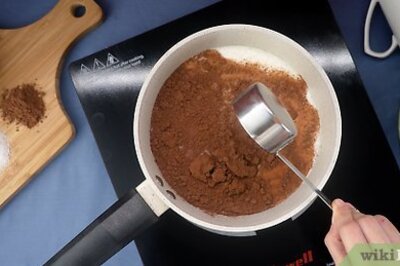

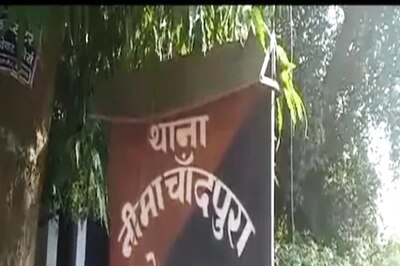

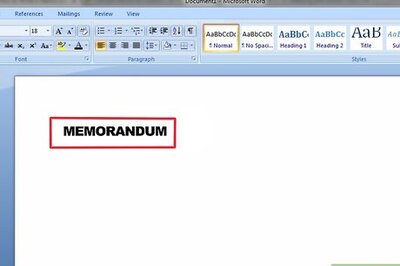
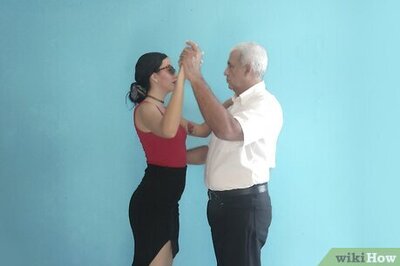


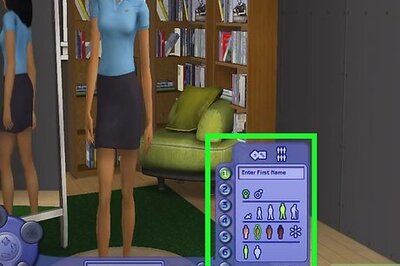
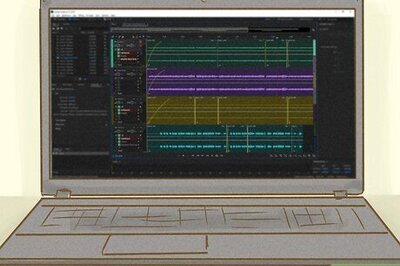
Comments
0 comment